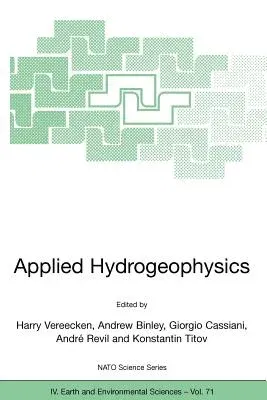Applied Hydrogeophysics (2006)Paperback - 2006, 21 September 2006

Qty
1
Turbo
Ships in 2 - 3 days
In Stock
Free Delivery
Cash on Delivery
15 Days
Free Returns
Secure Checkout
Part of Series
NATO Science Series: IV:
Part of Series
NATO Science Series: IV: Earth and Environmental Sciences
Part of Series
NATO Science
Part of Series
NATO Science Series: IV: (Closed)
Print Length
371 pages
Language
English
Publisher
Springer
Date Published
21 Sep 2006
ISBN-10
1402049110
ISBN-13
9781402049118
Description
Product Details
Book Edition:
2006
Book Format:
Paperback
Country of Origin:
NL
Date Published:
21 September 2006
Dimensions:
23.39 x
15.6 x
2.06 cm
Genre:
Ecology
ISBN-10:
1402049110
ISBN-13:
9781402049118
Language:
English
Location:
Dordrecht
Pages:
371
Publisher:
Series:
Weight:
553.38 gm

